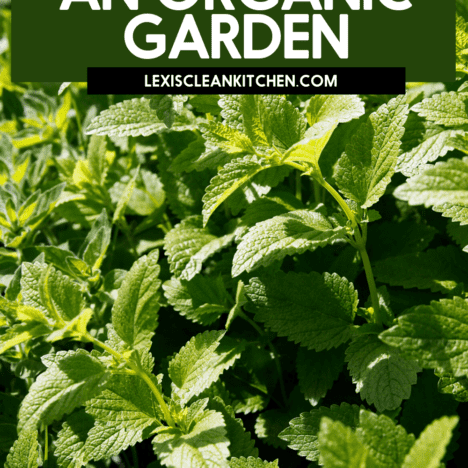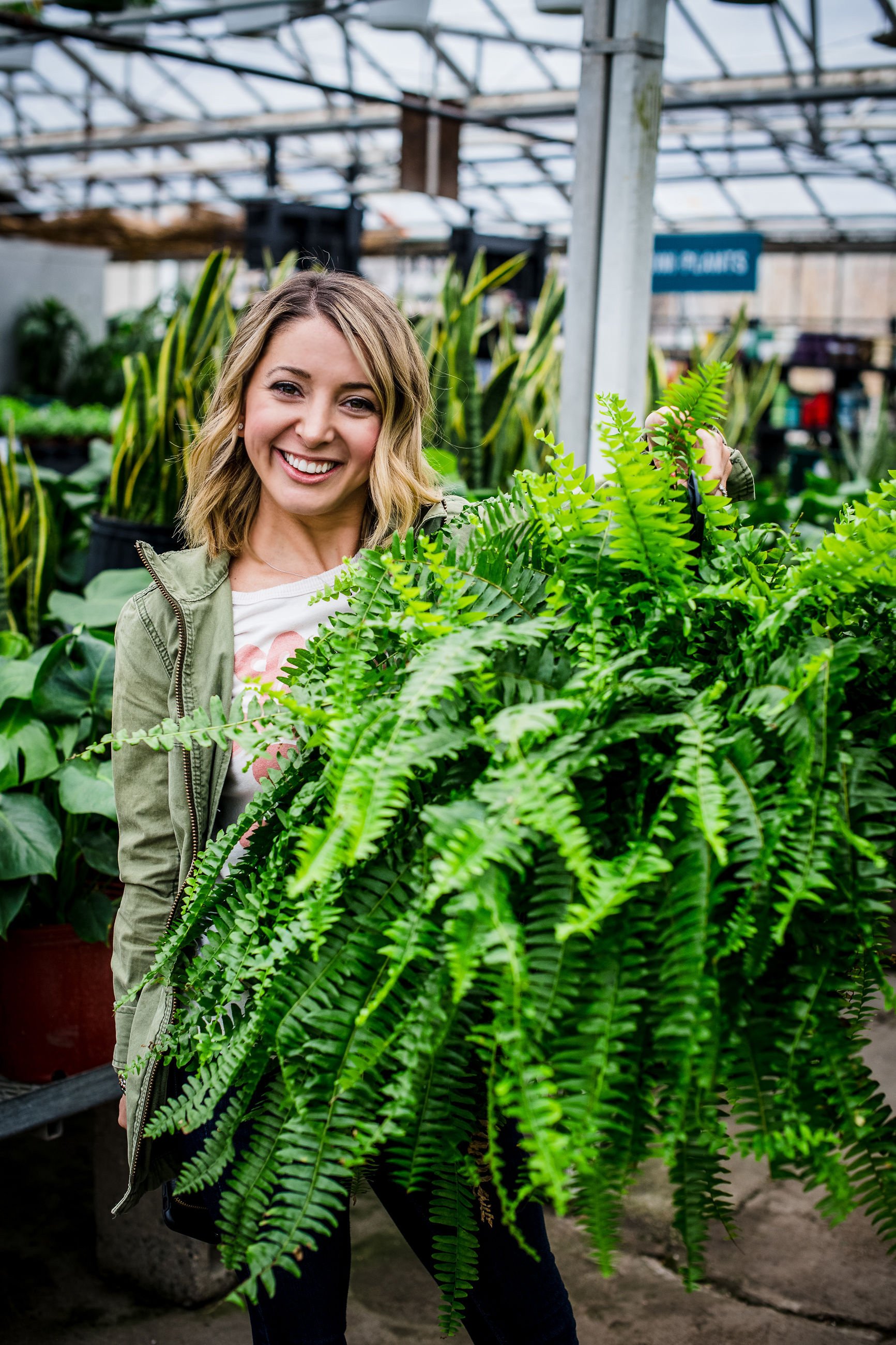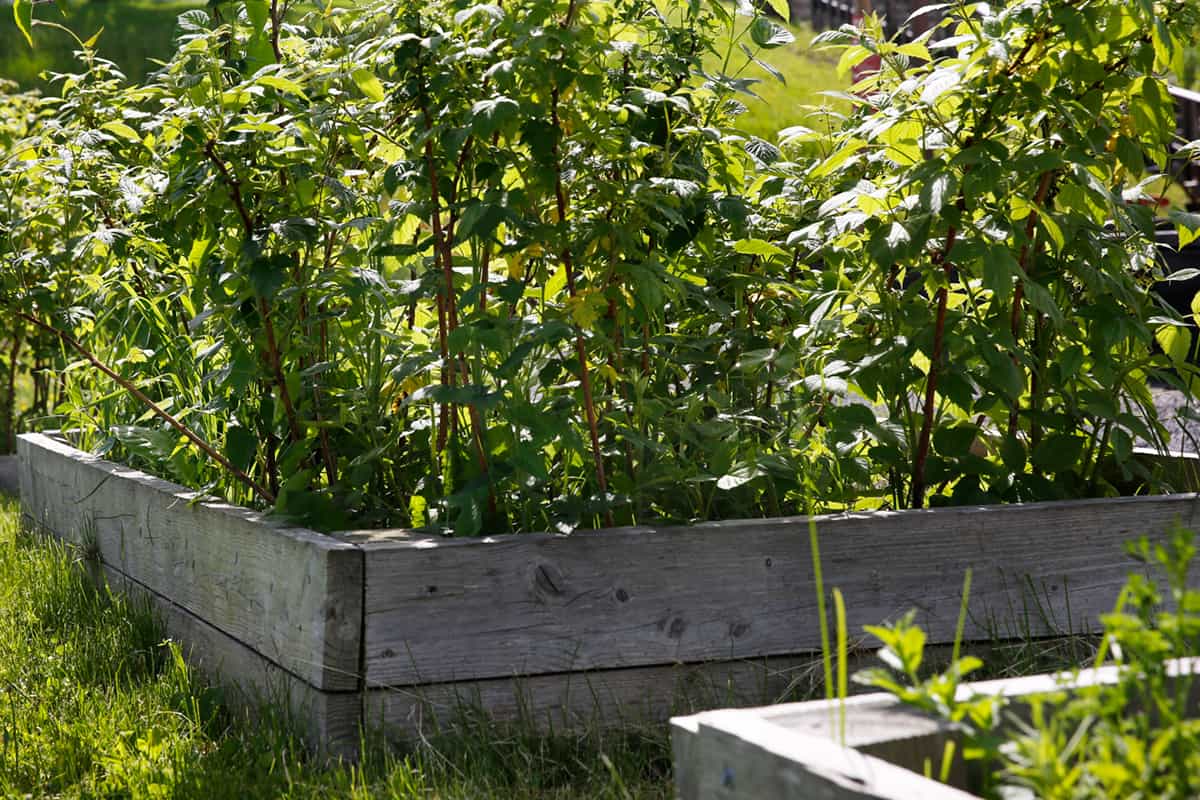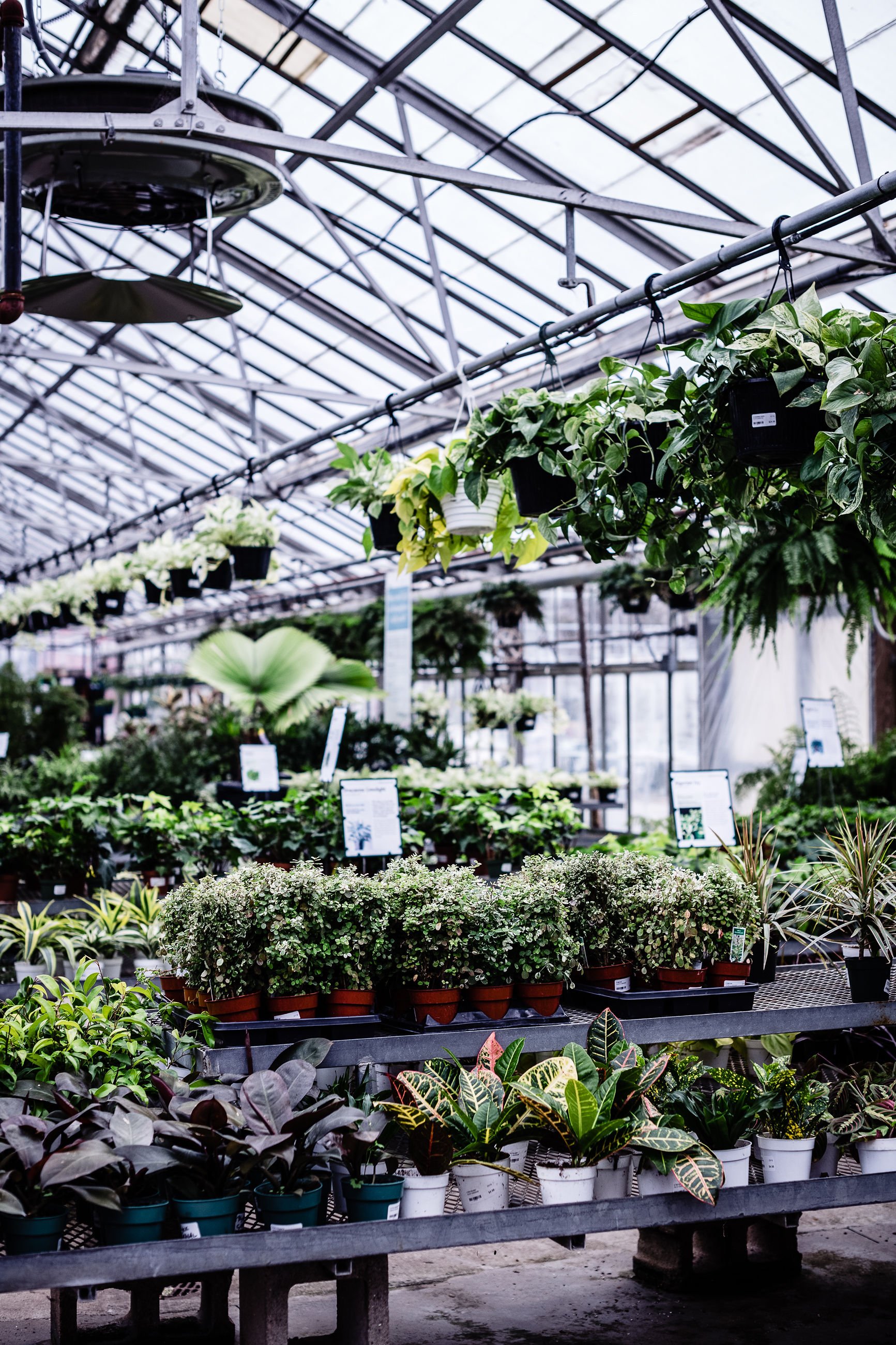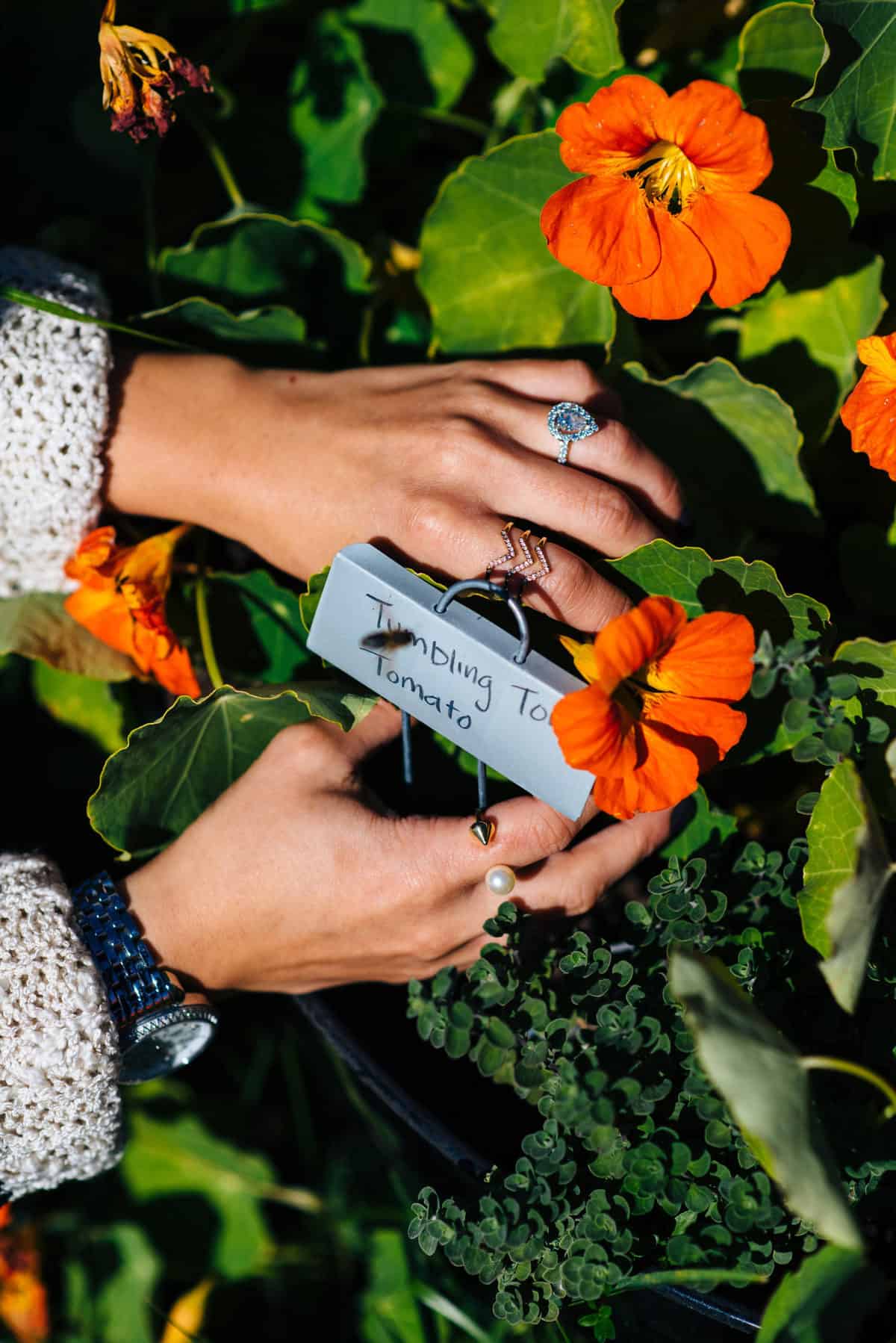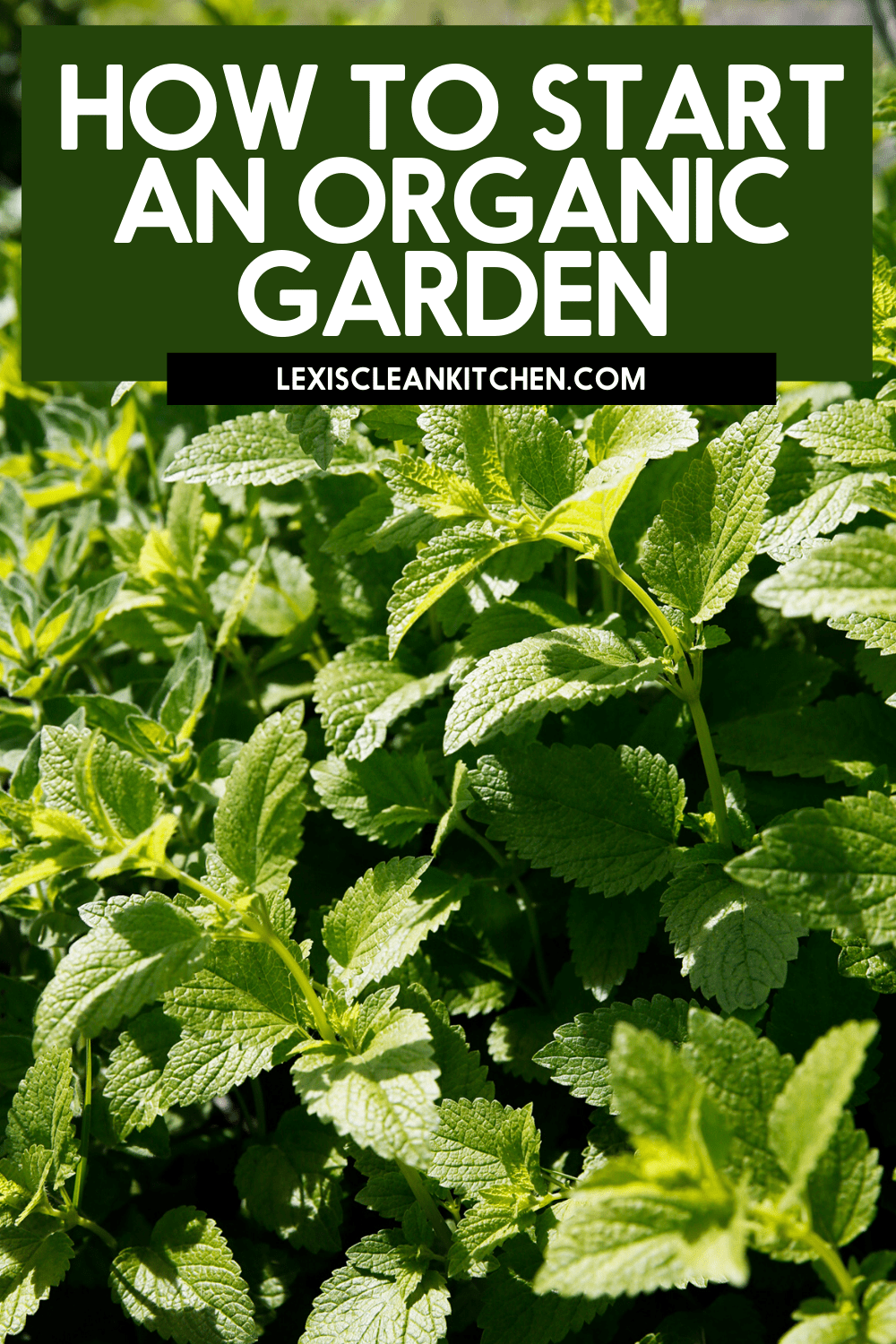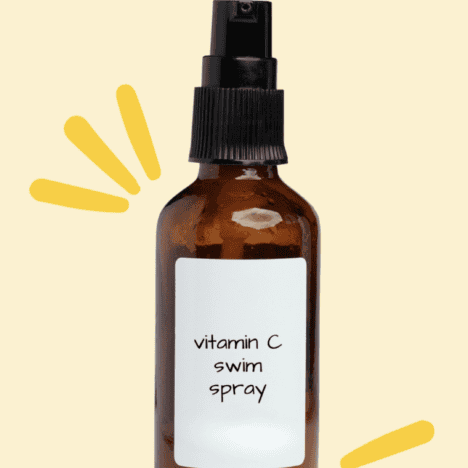This post may contain affiliate links. Please read my disclosure policy.
There have always been plenty of perks to growing a garden — but there might be even more advantages than ever right now. Gardening at home can be therapeutic, is a great hands-on activity to do with or without kids, and can (hopefully) result in some amazing tasting produce. We’ve been talking Gardening 101 over the last few weeks, and today’s post is all about the starting an Organic Garden!
How to Start an Organic Garden
Obviously, there’s nothing new about the concept of gardening. People have quite literally been doing it since the beginning of time!
What is new about gardening, however, is our approach to it. Over the years, we’ve changed a lot about the way we treat our bodies and the environment. We understand that the things we used to think were beneficial and safe are, well, maybe not so much. This has inspired us to change the way we do lots of activities, including gardening.
If you’re here, you already know that I like to approach pretty much everything I do with an eye for what’s healthiest and cleanest for my body, my family, and the world around me. As a result, I’ve swapped out lots of things in my life for organic alternatives… and guess what? Gardening doesn’t have to be an exception! It is possible to garden organically, which I personally find super exciting.
In these crazy times, more people than ever are finding themselves curious about building a garden, whether for food purposes (check out last week’s post about the easiest food crops to grow!) or as a way to de-stress and spend time outside with family. If you’ve opted to up your gardening game recently, I’d encourage you to go organic whenever possible!
To put it simply, organic gardening uses no synthetic pesticides or fertilizers and relies as much as possible on natural processes.
Why garden organically?
Using organic practices in your garden is especially important if you’re growing produce to feed yourself and your loved ones. According to Gardening Know How, organic gardens are free from toxic chemicals so your crops will be, too. Your yummy, homegrown fruits and veggies — when grown organically — will be free of chemical residue. Organic produce also tends to have higher vitamin and mineral content than produce grown with fertilizers, pesticides, and other chemicals.
The benefits of organic gardening go beyond our own bodies and homes, though! Gardening Know How notes that gardens that aren’t grown using organic practices can cause chemical runoff, which may put chemicals into our water supply or pose danger to birds, animals, and insects. And since composting tends to be part of the organic gardening cycle (learn more about How to Compost!), it also helps reduce the amount of waste we’re putting into landfills, which have their own (serious) environmental problems.
The good news is that with a little extra thought, you can transition to organic gardening, which won’t have these negative effects on your health and Mother Nature.
Clearly, this is a much healthier alternative to “standard” gardening, so you probably want to give it a shot. Before I give you the 101, though…
A Note On Buying Supplies
Now more than ever, it’s really critical that we support local businesses whenever possible. So while your first instinct might be to head straight to a hardware chain or big box store to look for the materials you’ll need to get started with organic gardening (I’ll get to that in a second!), give your local nurseries and garden stores a call first. Many of these small businesses are still selling products for curbside pickup or even delivery and your dollars will go a long way for them. I also have found that the smaller local businesses are more likely to have a lot more organic gardening supplies in stock than some of the larger big box chain stores.
Plus — if we’re trying to help the environment by gardening organically, we might as well try to support our local business environment while getting supplies!
How to Start an Organic Garden
There are a few steps starting your organic garden! There are two crucial factors that are important two start!
Choosing the Right Location
Choosing a spot for your organic garden is key, so whether you are going to garden right in the ground or in a raised bed, make sure to choose a sunny spot. Before you choose your garden spot, monitor the amount of sunlight that the proposed area has during the day. A successful garden needs at least 6 hours of direct sunlight, but preferably more.
Also make sure that the area is a flat surface, that has good drainage and doesn’t have any pooling of water during a rain storm.
The Importance of Good Soil
According to Good Housekeeping, prepping your soil is super important. Healthy soil is especially key for organic gardening, since you’ll be avoiding fertilizers and other chemicals that we often rely on to make plants grow.
Humus — which is a fancy name for organic matter — is very important for plant growth. Humus can be anything from leaves and grass clippings to manure (from local livestock that’s organically raised, of course!) and compost. The compost you make yourself at home can be a great addition to your organic gardening routine. Make sure the soil for your organic garden has plenty of humus before you get started.
If you want to go a step further, you can even get your soil tested with a soil-testing kit. These kits will let you know ahead of time if your soil is lacking nutrients so you can add even more humus to the mix.
If you are using a raised bed, you can fill it with either soil you have at home that you are confident is chemical free, or you can purchased organic soil meant for gardening.
Choosing the Right Garden Structure
If you’re planning to grow your garden in a pot or raised bed, the key to keeping things organic is understanding where those containers came from and whether or not they’ve been manufactured or treated with chemicals. Many organic gardeners use containers made of natural stone or concrete or untreated wood. Raised beds should be built using untreated wood that has not been pressure-treated or stained. Teak, cedar, and redwood tend to be good choices. There are some plastic options that can fit the bill, as well. Avoid plastics numbered 3, 6, or 7, all of which contain dangerous chemicals. Using recycled plastics is a great way to go the extra mile environmentally.
Start Small, and Grow Later
If you are a newbie to gardening, it’s best to start small! You are better off with a small successful garden that you are able to keep up with, then have a large garden that becomes a burden and is difficult to take care of. You can always expand upon your garden year after year.
It’s time to choose your plants!
Just like with other types of gardening, it’s important to do a little research to make sure that the plants you’re growing are well-suited to the environment where you live. The USDA Plant Hardiness Zone Map is a great guide for this!
For organic gardening, specifically, you’ll also need to make sure that any seedlings you’re buying — again, ideally from a local nursery or garden store! — have already been raised without chemical pesticides or fertilizers. As a rule of thumb, Good Housekeeping recommends looking for seedlings with root systems that don’t look crowded and that only have a few blooms, since these can be signs that chemicals have been used.
If you’re concerned about chemical pesticides and fertilizers, it may be best to start with seeds rather than seedlings that are already growing. This way, you’ll know exactly how your plants have been grown from the beginning.
Vegetable Crops
Pick crops that your family likes to eat! Also consider when they will be ready to harvest and how much hands-on care they will need. If you want to plant tomatoes, but will be vacationing for the month of August, it probably isn’t the best idea as that is generally when they are ready to harvest and need a lot of hands-on care.
Also, check out our post about the Easiest Crops to Grow if you are a beginning and want to choose crops that you are likely to have success with.
Taking Care of Your Organic Garden
Because you can’t rely on chemicals to keep your plants going strong in an organic garden, you’ll need to take extra good care of it. Closely follow the instructions on any seed packets you might be purchasing to be sure you’re giving each specific plant what it needs.
Generally speaking, your plants should be grouped tightly in the soil or beds to reduce weeds and make it easier to target nutrients using compost. Water the roots (not the greenery) in the morning, when it’s typically cooler and less windy. Most plants need about one inch of water per week, including rain.
Weeding is a necessary evil in all kinds of gardening, but you can cut back on weeds by using organic mulch (check your local garden stores), burlap, or lawn clippings.
Where you might usually use pesticides to cut back on bugs or diseases in your garden, you’ll need to try some new, organic solutions! Global Healing recommends a few:
- Salt spray — mix 2 tbsp of Himalayan crystal salt with one gallon of warm water and spray on infested areas
- Organic mineral oil — mix 10 to 30 ml with one liter of water and spray
- Citrus oil and cayenne pepper — mix 10 drops of citrus essential oil with 1 tsp of cayenne pepper and 1 cup of warm water
- Soap, orange citrus oil, and water — mix 3 tbsp of organic Castile soap with 1 ounce of orange oil and 1 gallon of water
- A few drops of eucalyptus oil
- Onion and garlic spray — add 1 minced clove of organic garlic and 1 minced medium organic onion to 1 quart of water, then add 1 tsp of cayenne pepper and 1 tbsp of Castile soap
These creative, organic solutions will ensure that bugs and diseases don’t get in the way of your harvest… but they’ll keep chemicals out of your system, too.
Feeding your Crops
Even if you have healthy soil, your crops are likely to need additional food! Look out for specifically made Organic plant food and fertilizer at your local gardening supply store and get that compost bin started as compost is a great way to feed your garden!
SO, will you be gardening this year?
Pin it for later:
